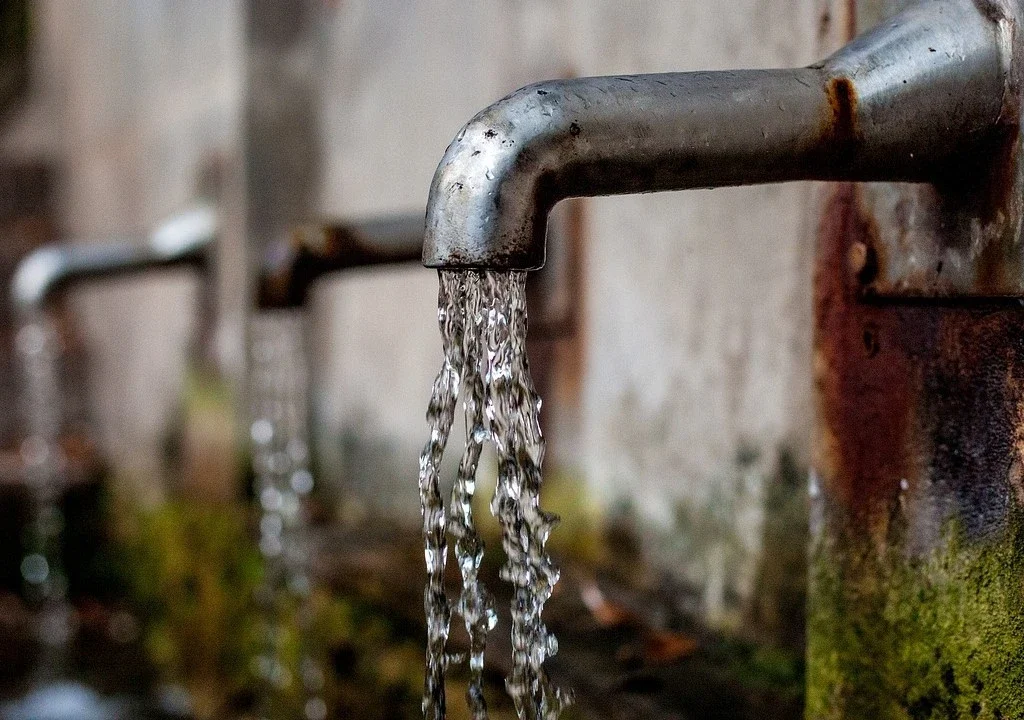
1. Water Conservation
Water Conservation Rainwater Collection Systems: Set up rain barrels or cisterns to gather rainwater from the roofs, The collected water can be used for irrigation, gardening, or even for non-potable uses like flushing toilets
.Rain Gardens: Create rain gardens to capture and filter rainwater runoff. These gardens contribute to the replenishment of groundwater and mitigate the effects of storm water runoff.
Green Roofs: Implement green roofs that absorb and utilize rainwater, reducing runoff and providing insulation benefits.
2. Efficient Irrigation Methods
1. Drip Irrigation: Implement drip irrigation systems that provide water directly to the roots of plants, thereby reducing evaporation and runoff
Soaker Hoses: Employ soaker hoses to water plants slowly and evenly. These hoses can be laid out on the soil surface or buried under mulch.
Smart Controllers: Install smart irrigation controllers that adjust watering schedules based on weather conditions, soil moisture, and plant needs.
Mulching: Utilize mulch around plants to conserve soil moisture, minimize evaporation, and inhibit the growth of weeds.
3. Reducing Water Usage in Households
Low-Flow Fixtures: Install low-flow faucets, showerheads, and toilets to reduce water consumption without sacrificing performance.
Leak Maintenance: Consistently inspect and address leaks in faucets, toilets, and plumbing to avoid unnecessary water loss.
Efficient Washing: Use dishwashers and washing machines with high-efficiency ratings and only run them with full loads to maximize water use.
save water: Reduce the duration of your showers and consider utilizing water-efficient showerheads to minimize water consumption.
4. Reducing Water Usage in Industries
Water Recycling: Implement water recycling systems to treat and reuse water within industrial processes, reducing the need for fresh water.
Process Enhancement: Enhance industrial operations to reduce water consumption, for instance, by refining cooling systems and minimizing activities that require significant water resources.
Leak Identification: Implement state-of-the-art leak detection technologies to swiftly locate and rectify leaks within industrial water systems.
Employee Education and Guidelines: Educate staff on water-saving techniques and develop policies that encourage the efficient utilization of water resources.
5. Landscaping and Gardening Practices
Xeriscaping: Adopt xeriscaping principles by using drought-tolerant plants that require less water and designing landscapes that maximize water efficiency.
Optimal Lawn Watering Times:It is advisable to irrigate lawns and gardens during the early morning or late evening hours to minimize evaporation and enhance water absorption.
6. Water-Efficient Appliances
Upgrade to Low-Flow Fixtures: Install low-flow showerheads and faucets to reduce water usage without sacrificing performance. Additionally, consider using aerators on faucets to further decrease water flow while maintaining pressure. These fixtures can significantly lower your water bills and contribute to water conservation efforts.
Choose Energy Star Appliances: Opt for washing machines and dishwashers with the Energy Star label, which are designed to use less water and energy. Look for models with multiple cycle options, such as eco or quick wash, to tailor water usage to your needs. These appliances not only save water but also reduce energy consumption, leading to lower utility costs.
Smart Irrigation Systems: Use smart irrigation controllers that adjust watering schedules based on weather conditions and soil moisture levels to optimize water use in your garden. Pair these systems with drip irrigation or soaker hoses to deliver water directly to plant roots, minimizing evaporation and runoff. This approach ensures your plants receive the right amount of water, promoting healthier growth and conserving water.
7. Educational Programs
Community Awareness Campaigns: Participate in initiatives to inform the public about the significance of water conservation and share practical tips on how to save water.
Implementing these techniques and practices can significantly reduce water consumption.
conclusion: Conserving water is essential for sustaining life on Earth and securing a prosperous future for all. As a finite and invaluable resource, water impacts every facet of our lives, from daily routines to the health of our ecosystems. By embracing careful habits, minimizing waste, and supporting wise water use, we can create a meaningful difference. Every small action to conserve water contributes to a larger goal of sustainability and resilience. Let’s commit to valuing and safeguarding this essential resource, ensuring its abundance and purity for future generations. By working together, we can protect our water and, in turn, our entire planet.